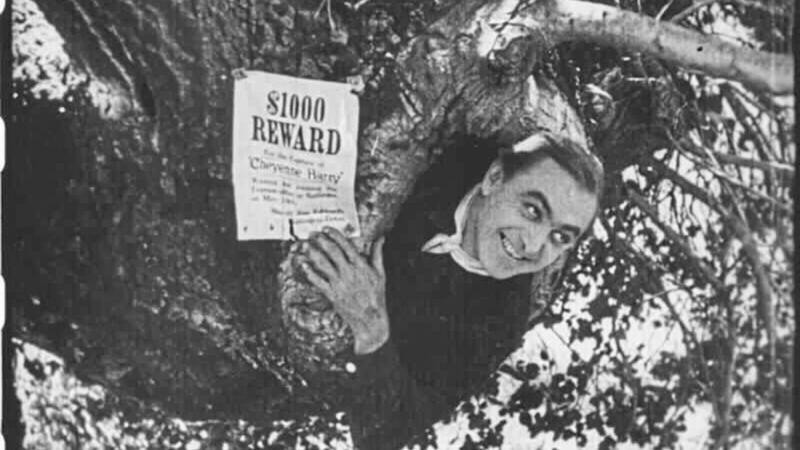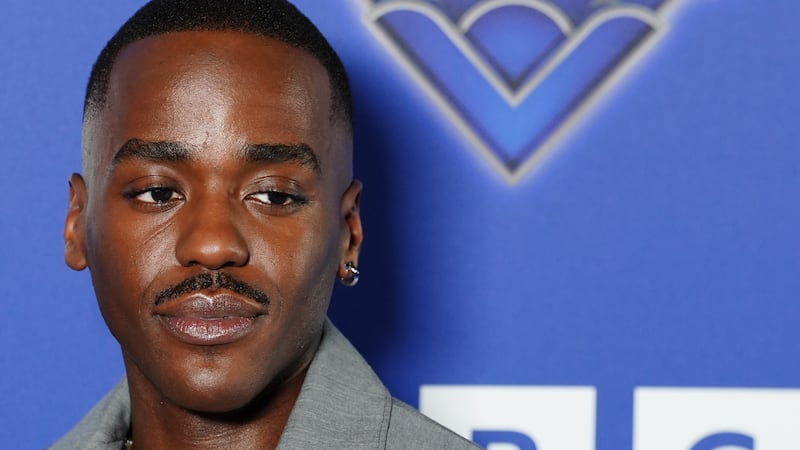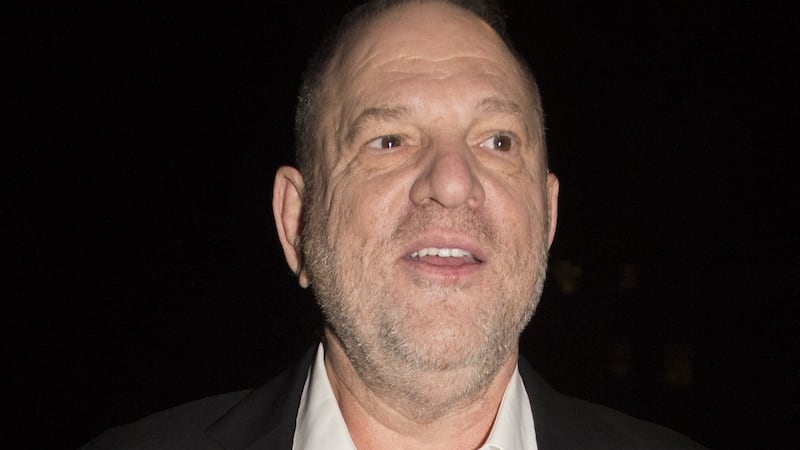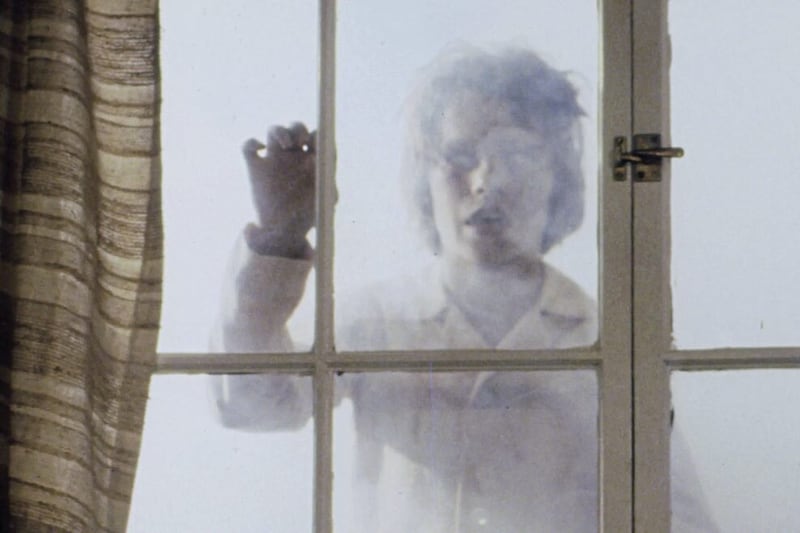Straight Shooting and Hell Bent: Two films by John Ford
FOR one of the most acclaimed directors in Hollywood history, John Ford's earliest years remain oddly under appreciated. With the occasional exception, such as The Iron Horse, his formative silent work is still rarely seen or discussed in any great depth.
That much of this work has been lost perhaps explains that black hole a little, but what does still exist is fascinating to see.
As part of their ongoing Masters Of Cinema series Eureka have packaged up two early Ford westerns – Straight Shooting and Hell Bent – for their first Blu-ray release and the results are impressive.
The young John Martin Feeney – he'd use both John Ford and Jack Ford in early credits – had been knocking around the Hollywood system working for his brother Francis Ford and taking on whatever production jobs he could get for several years before he got to make his first proper short films in 1917. It was in that same year that the 23-year-old was allowed to helm his very first feature film.
That debut, Straight Shooting, is easily the most impressive of the two efforts re-issued here. Directed under the Jack Ford moniker, it's a lively tale of Cheyenne Harry, a notorious gunfighter who's hired by cattleman Flint (Duke R Lee) to drive a family of settlers from their land.
Once Cheyenne discovers that the settlers are just an old man (George Berrell) and his beautiful young daughter Joan (Molly Malone), he has a change of heart and calls in his old pal Black-Eye Pete (Milton Brown) and his band of outlaws to challenge Flint instead. Harry Carey takes the lead and would go on to feature in a remarkable 25 films for Ford.
As simple western fables go it's fast, fresh and entertaining stuff. There are even glimpses of future Ford stylistic traits and thematic obsessions here – doorways feature heavily at times and the visual sense of depth in his compositions is clearly apparent – to keep film historians scribbling in their notepads.
There would, of course, be much grander glories to come but as a first time effort it's a remarkable piece of work.
Hell Bent, again made under his Jack Ford credit, dates from 1918 and is a lesser piece but enjoyable all the same. Harry is back as the enigmatic gunman, and this time it's a cosier family set up as he falls in love with a dancer called Bess (Neva Gerber). It isn't long before the guns come out and the feuding starts though.
Unlike Straight Shooting, this is a lighter, almost comedic take on Western traditions. It's light and less slick than his debut offering but undeniably fun for that.
Both films have been recently restored but print damage sadly remains – although given their age that's hardly surprising. Eureka have packaged these historical artefacts together beautifully with a raft of in-depth extras that throw light on the 'lost' era of Ford's career and anyone interested in the story of the American Western or early film making in general should find much to enjoy here.








